30 September 2022
UN Summit embeds sustainability and equality into education systems
September saw the largest-ever global gathering on education with the UN Transforming Education Summit in New York from 16 to 19 September 2022.
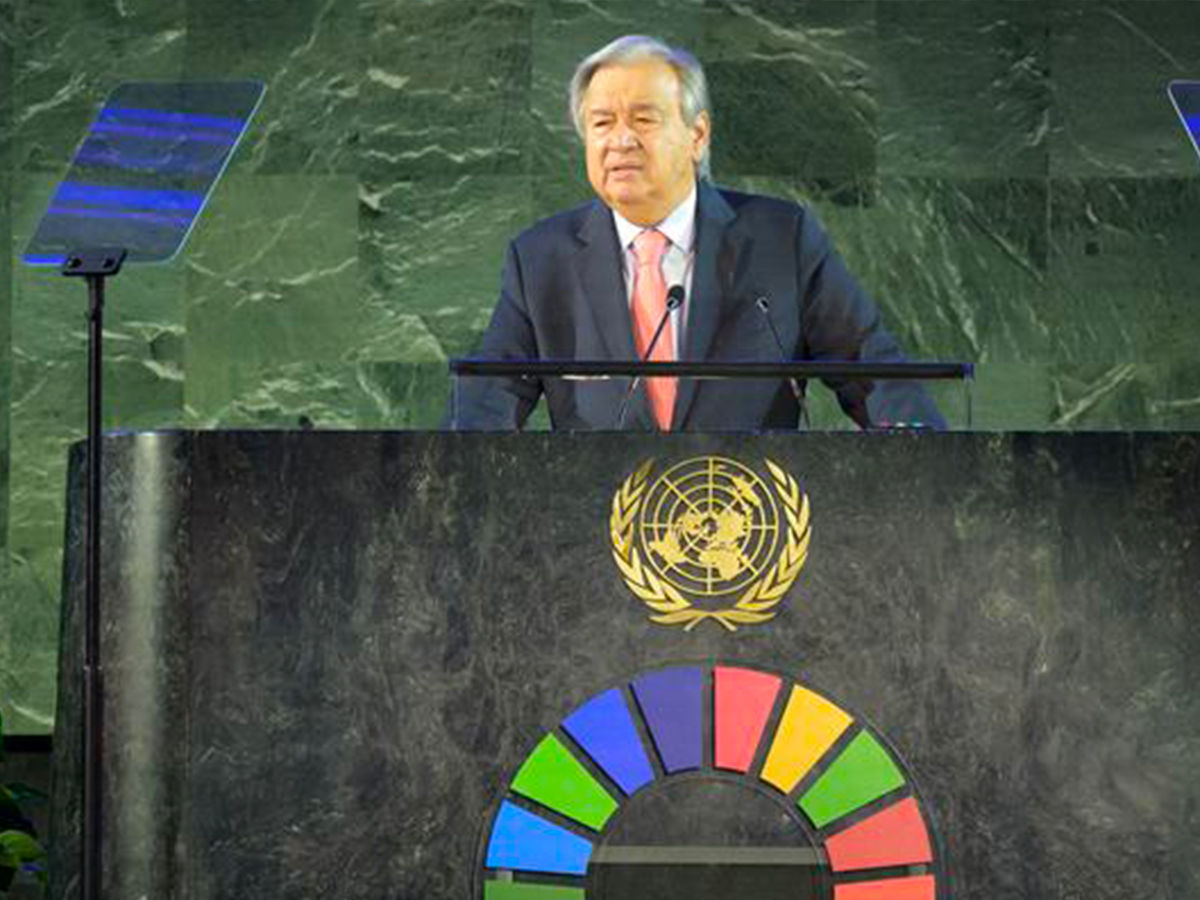
By the end of the three days of the Summit, 130 countries had made a commitment to prioritize education and end the learning crisis.
Secretary-General António Guterres launched the Summit with a powerful call to action to Member States, as he laid out his roadmap for education in the 21st century. He said: ”We must respond decisively, with conviction, imagination and in solidarity to transform education.”
Described as a “once in a lifetime” chance to elevate learning to the top of the political agenda, the Summit was the culmination of 115 national consultations among global leaders, teachers, students, charitable organisations, civil society, and international partners, including WorldSkills International.
Summit delegates all acknowledged that the issues being discussed are not new. Rather, they have been compounded by COVID-19, which has shone an uncomfortable spotlight on the growing educational divide. Guterres focused on this learning gap in his opening remarks, emphasizing the added impact it is having on women. He said: “The rich have access to the best resources, schools and universities, leading to the best jobs while the poor – especially girls – face huge obstacles to getting the qualifications that could change their lives.” In fact, 840 million young people will leave school in their teens with no qualifications for the workplace of the future.
These examples and statistics, while alarming, may not come as a surprise to WorldSkills Members, who are deeply aware of the skills and gender gaps in Vocational Education and Training, and are working hard to reverse them.
The Youth Declaration, delivered to delegates on the first day of the Summit, highlighted the critical role of education in addressing broader global challenges. It stated that “in order to redeem and remake the state of the world, we must first transform the state of education.”
Accepting the urgent need for change, Member States used the Summit to pledge new measures that would “reboot” education systems including:
- designing gender-sensitive education policies,
- supporting the psycho-social well-being of students and teachers,
- setting up financial facilities that could offset the direct and indirect costs of education for economically vulnerable communities.
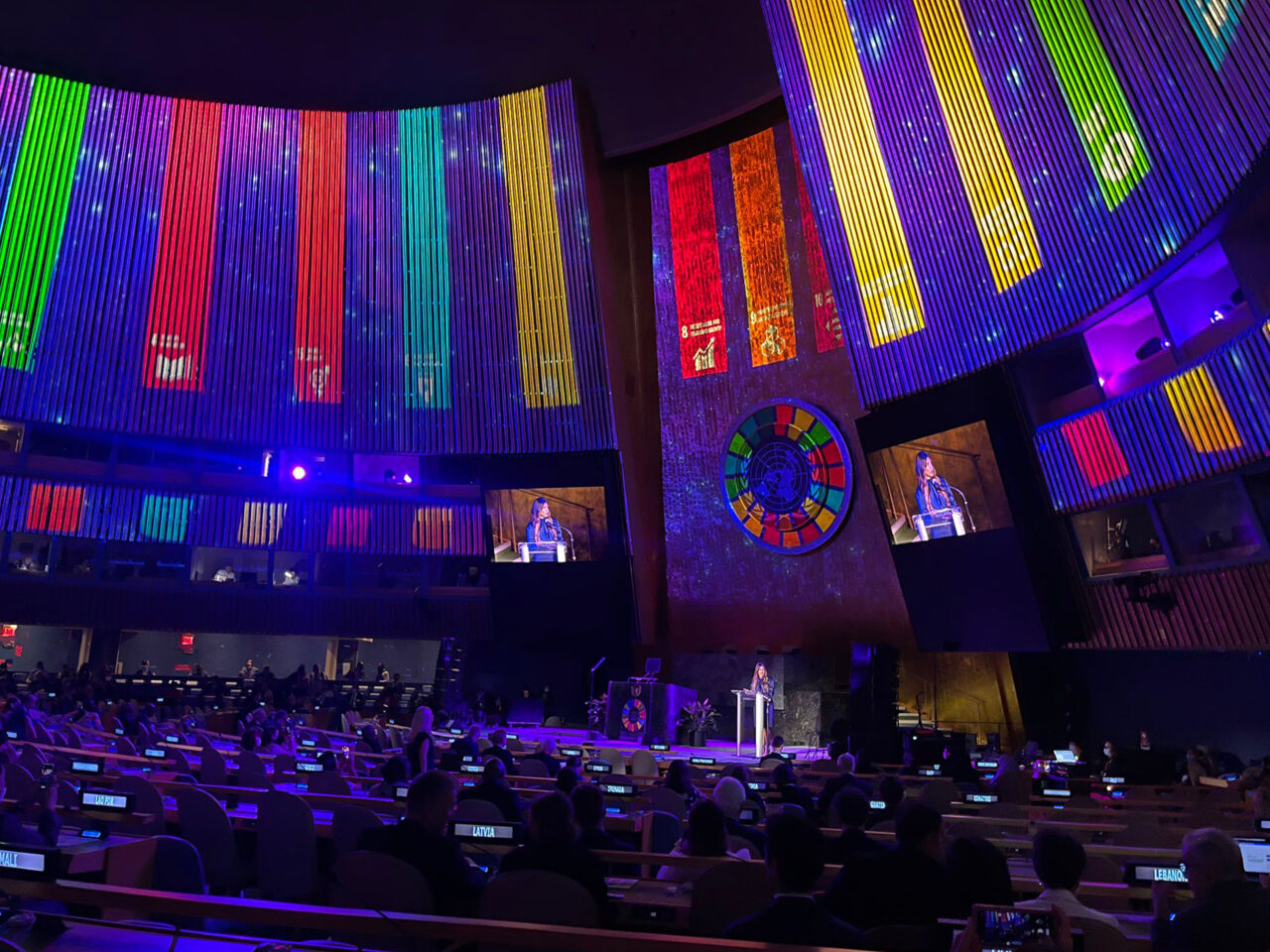
Dozens of countries have also promised to integrate climate education and global citizenship into curricula in an effort to tackle the climate crisis and remove social inequalities and intolerances.
Tackling the climate breakdown and improving global citizenship together was a theme running throughout the conference, but it was the focus of the launch of the Greening Education Partnership on Solutions Day, as well as discussions around Transforming Education to Transform the World on Leaders Day.
The Greening Education Partnership, led by UNESCO, Japan, and UK, is an urgent call for increased emphasis on Education for Sustainable Development (ESD). It asks Member States to deliver comprehensive plans that will build capacity in teachers and empower learners with the knowledge, skills, values, and attitudes they need to tackle climate change.
It covers four action areas:
- Greening Schools — for all countries to adopt a green school accreditation scheme, and for at least fifty per cent of schools, colleges, and universities with green accreditation to be operating sustainably.
- Greening Learning — to double the number of countries which include climate education in school curricula at the pre-primary, primary, and secondary levels (from the current rate of around forty five per cent).
- Greening Capacity and Readiness — for all school leaders and at least one teacher per school to be trained on how to integrate climate education into teaching and learning throughout the school.
- Greening Communities — for all countries to be able to report at least three different ways learning opportunities are made available for adults outside of the formal education system so they develop the skills and attitudes that build community resilience
Judith Herbertson, Head of Girls’ Education Department for the UK’s Foreign, Commonwealth & Development Office (FCDO) who spoke at the Summit, summed it up: “We must make sure that the curriculum, the teaching, and the learning materials are relevant to the realities they are facing; to understand the impacts of climate change in their local communities and further afield; and how to mitigate and adapt to these realities to both cope and respond.”
UNESCO and Group of Friends for Education and Lifelong Learning furthered this debate on Leaders Day in the session entitled Transforming Education to Transform the World: Learning to live together sustainably. The focus was on sustainable human development, citizenship, and cooperation. It invited every country to build education systems that would foster ethical and socially responsible global citizens.
Specifically, in addition to the Greening Education Partnership, the partners asked for commitments to build education programmes and policies grounded in a commitment to international solidarity and mutual understanding and, in doing so, addressing all forms of intolerance and discrimination that may exist within education of any form.
Guy Ryder, Director-General from International Labour Organisation (ILO), acknowledged in the discussion that this would involve a massive effort to reskill and upskill educators on a scale never been done before. This led to a call for significant national and global investment in training high-quality, well-supported, and well-resourced teachers – something which WorldSkills is well-placed to contribute to through the continuing professional development its Experts.
Jeffrey Sachs, President of UN Sustainable Development Solutions Network, briefly but powerfully summed up the challenge. He said “more funding” is needed and that it was long overdue. Whether it has been actively denied or simply neglected up until now, education needs to be funded and systems need to be transformed. He ended with an impassioned plea: “We need to take seriously our children in this world.”
For WorldSkills Members and Partners who have been working hard to improve VET systems and standards, these commitments and demands will be welcomed and encouraged. In the coming months, we plan to explore the recommendations and commitments of the Summit and share practical guidance and examples with the WorldSkills community for use within your countries and organisations to accelerate change.
Please look out for more articles later this year. In the meantime all the resources, videos, and articles from the UN Transforming Education Summit can be found on the UN website.
Related
-
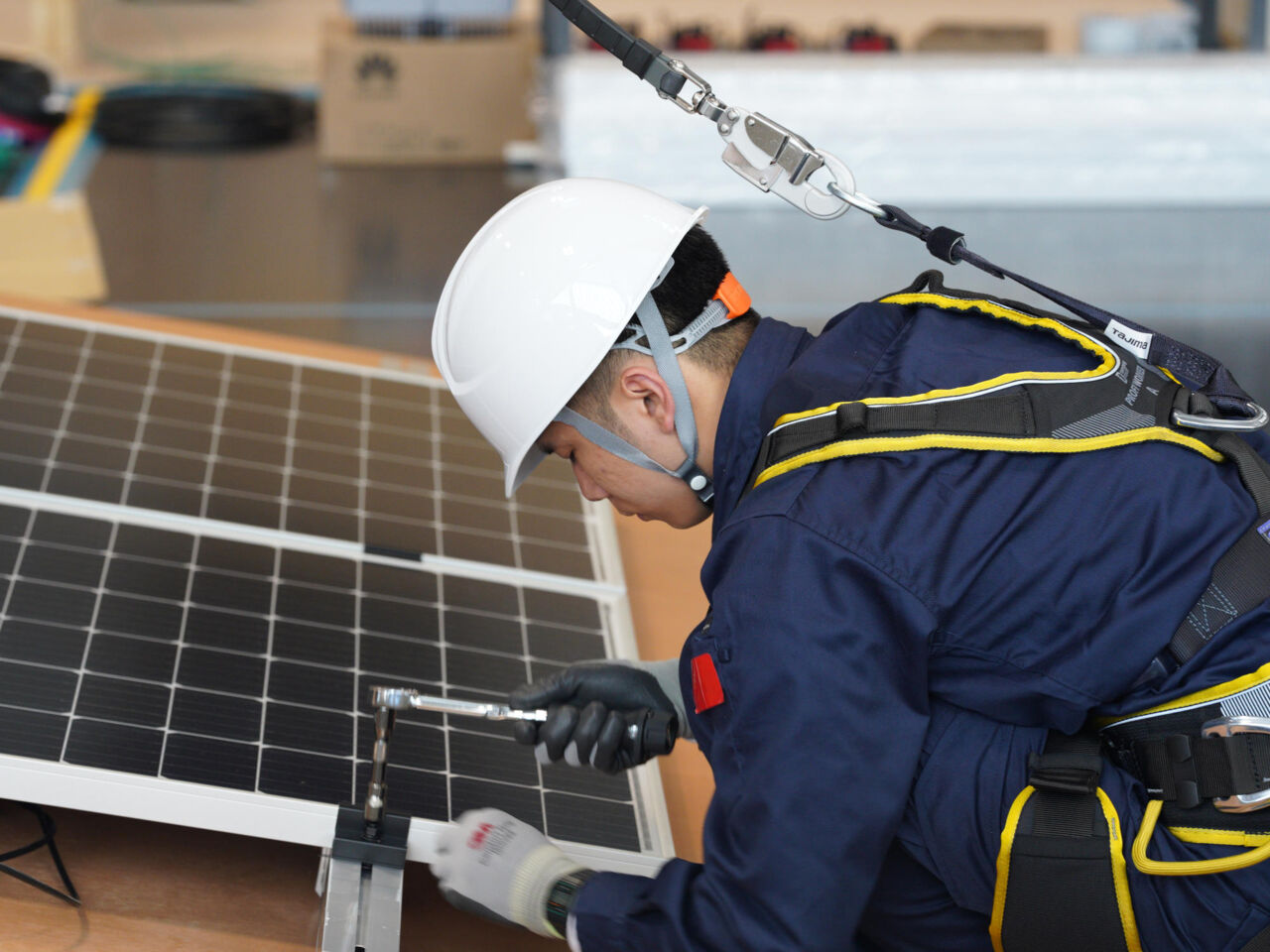
UN Transforming Education Summit: A partnership to close the green skills gap
14 November 2022
-
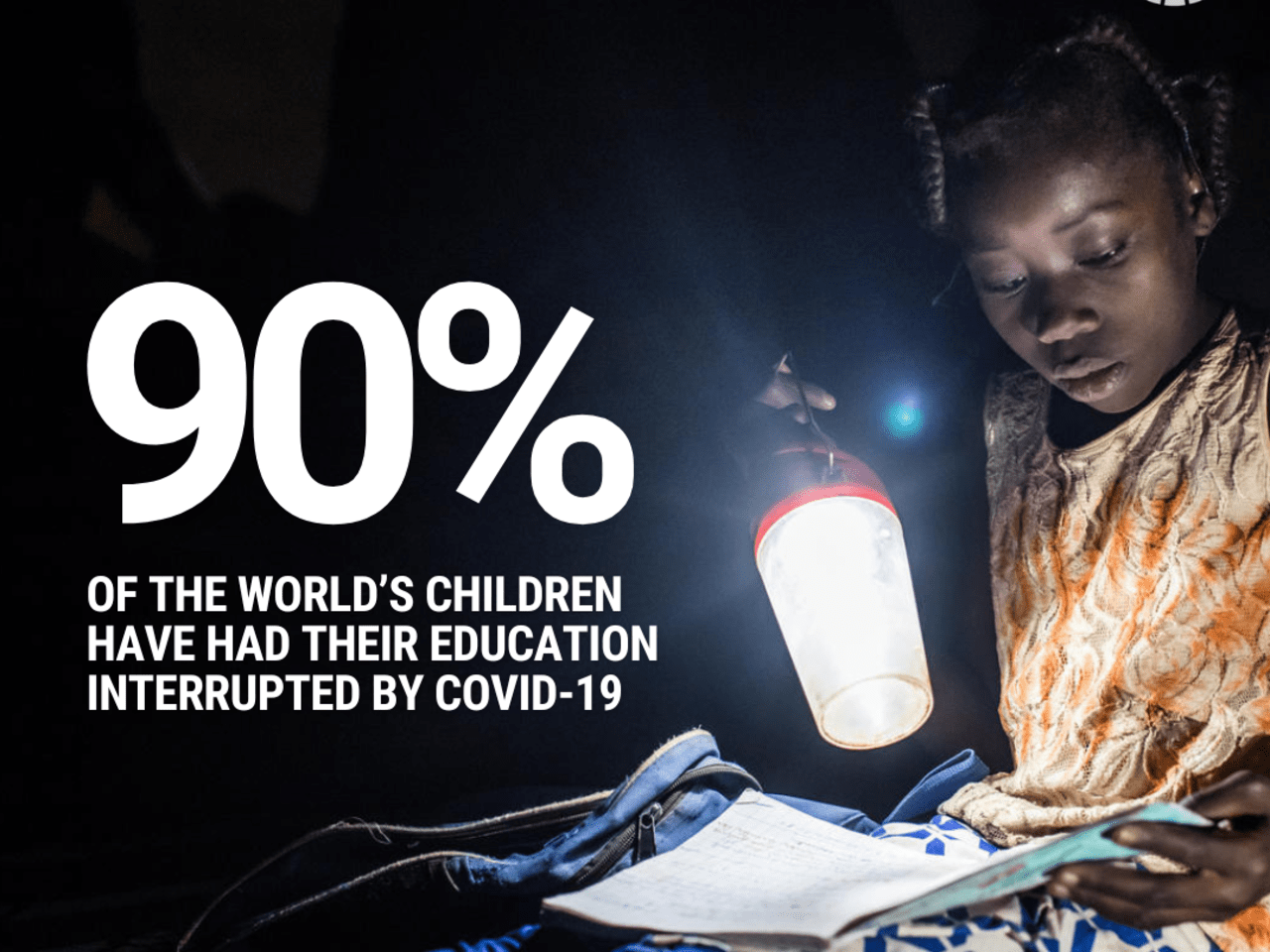
Two weeks until the UN Transforming Education Summit
2 September 2022
-
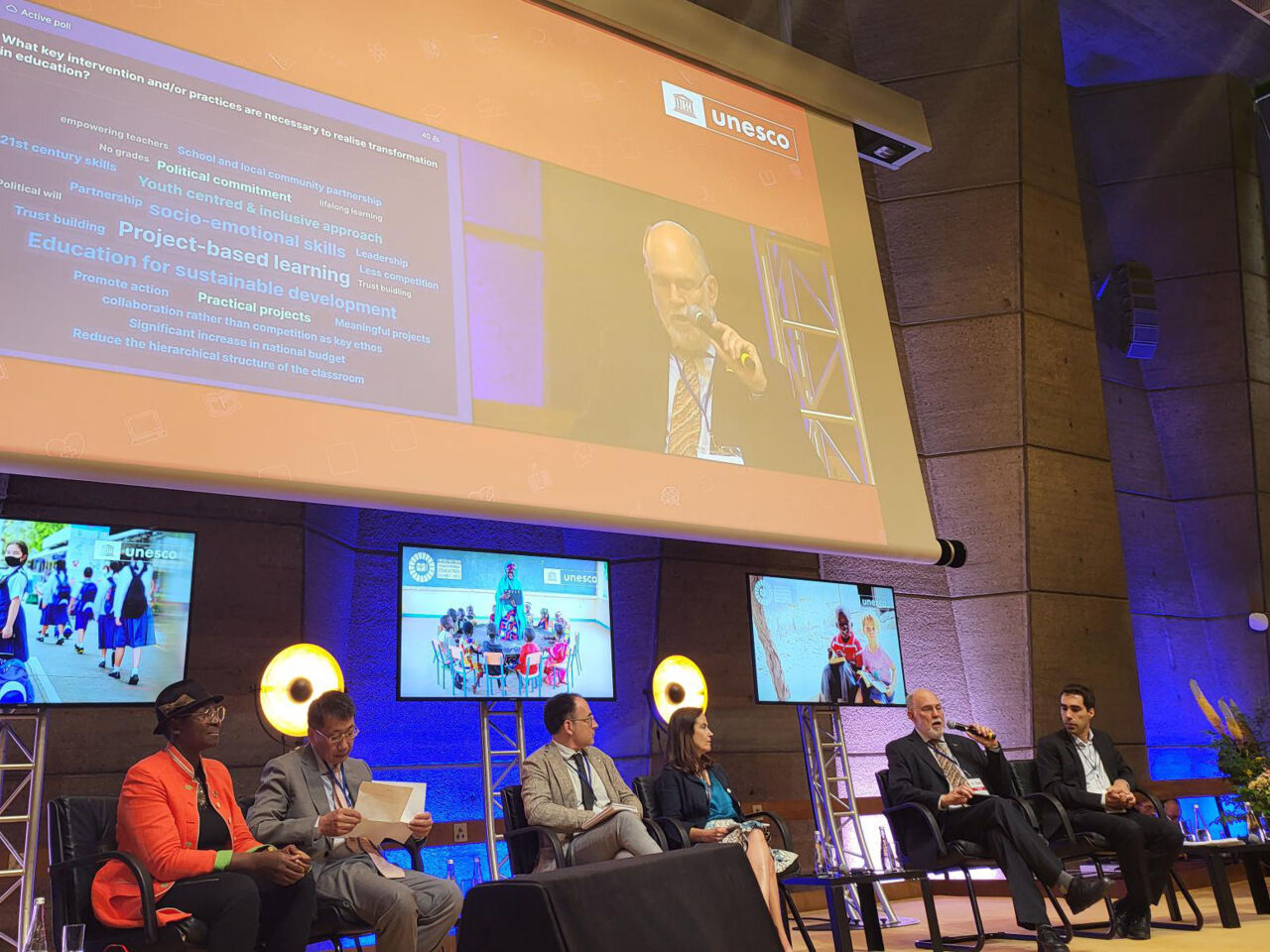
WorldSkills takes part in the United Nations Transforming Education Summit
22 July 2022
-
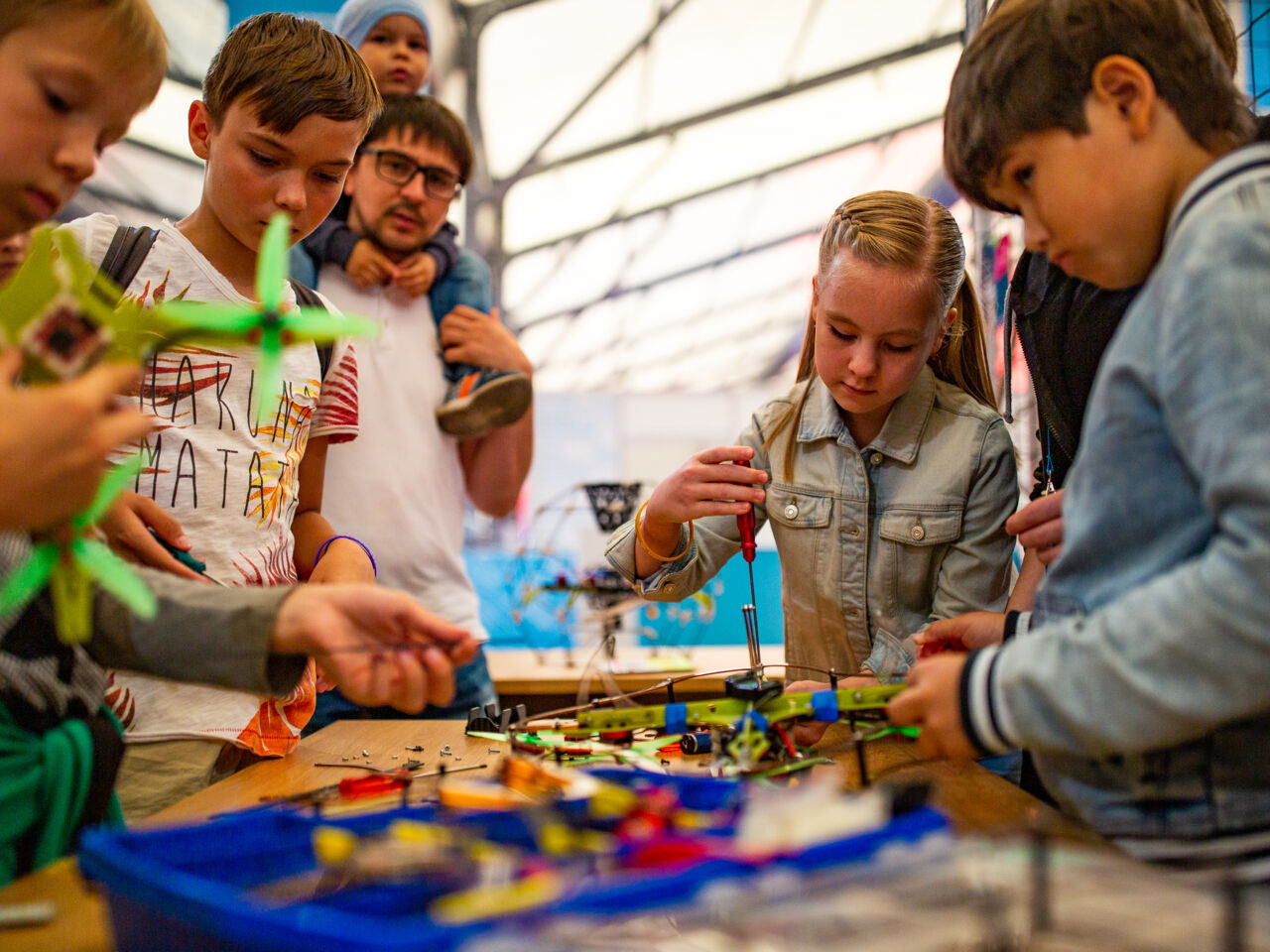
Take part in the UN Transforming Education Summit
27 June 2022